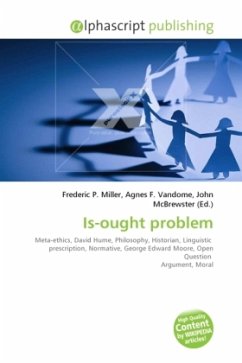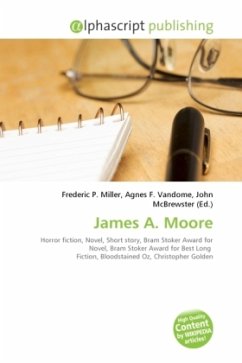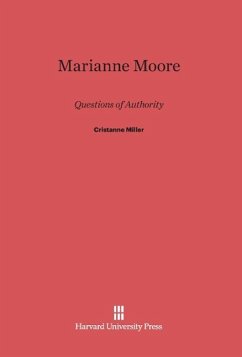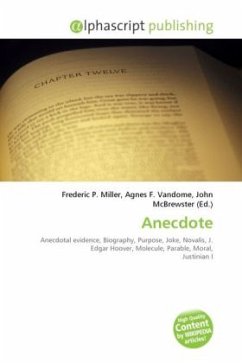
Is-ought problem
Versandkostenfrei!
Versandfertig in 6-10 Tagen
23,99 €
inkl. MwSt.

PAYBACK Punkte
12 °P sammeln!
In meta-ethics, the is-ought problem was articulated by David Hume who noted that many writers make claims about what ought to be, on the basis of statements about what is. However, there seems to be a significant difference between descriptive statements and prescriptive or normative statements. Hume discusses the problem in book III, part I, section I of his A Treatise of Human Nature In every system of morality, which I have hitherto met with, I have always remark, that the author proceeds for some time in the ordinary ways of reasoning, and establishes the being of a God, or makes observat...
In meta-ethics, the is-ought problem was articulated by David Hume who noted that many writers make claims about what ought to be, on the basis of statements about what is. However, there seems to be a significant difference between descriptive statements and prescriptive or normative statements. Hume discusses the problem in book III, part I, section I of his A Treatise of Human Nature In every system of morality, which I have hitherto met with, I have always remark, that the author proceeds for some time in the ordinary ways of reasoning, and establishes the being of a God, or makes observations concerning human affairs when all of a sudden I am surpriz'd to find, that instead of the usual copulations of propositions, is, and is not, I meet with no proposition that is not connected with an ought, or an ought not. This change is imperceptible; but is however, of the last consequence












